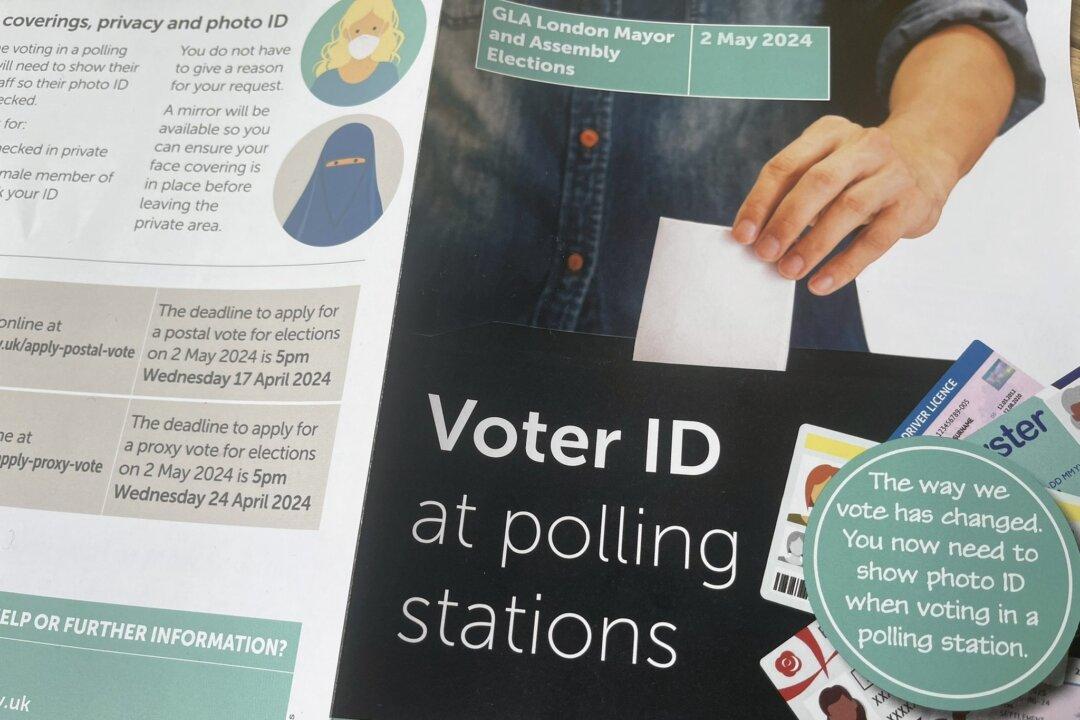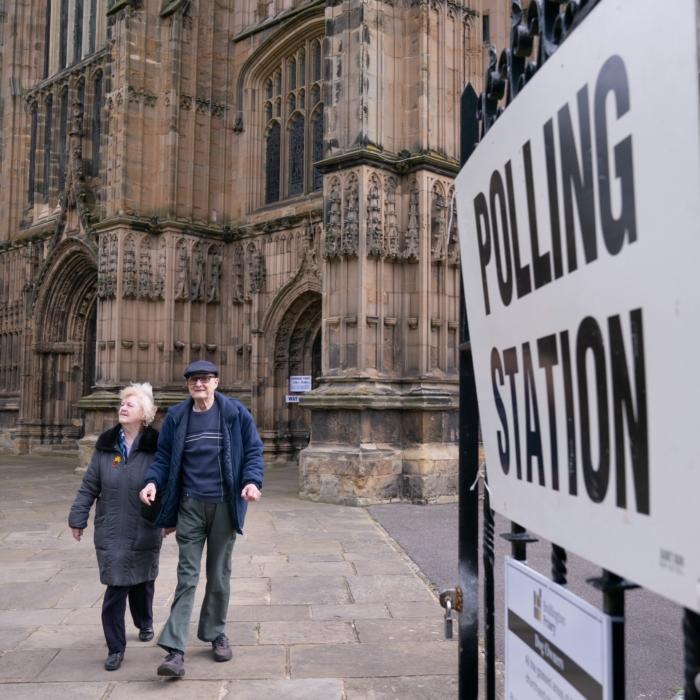The UK electoral registration system is neither effective nor efficient, risking the disenfranchisement of as many as 8 million people at the next vote, a group of MPs has warned.
The recommendation comes in the year of a general election in Britain, which is expected to bring millions of voters to polling stations in the second half of 2024.
Last year, as many as 8 million people could have been incorrectly registered at their valid address owing to poor accuracy in the registration process. The committee said that if a general election was called now, around 14 percent of the eligible population would not be able to vote.
Voter ID
Committee Chair Clive Betts said that recent changes to the voter registration system, such as voter ID, have been “tacked” onto a failing “Victorian era system.”“In the year of a general election, this is a damning indictment of the UK’s electoral registration arrangements and a threat to the rights of British voters,” Mr. Betts warned.
Valid IDs include passports, driving licences, blue badges, biometric residence permits, defence identity cards, and national identity cards issued by the European Union, Norway, Iceland, or Liechtenstein.
Forms of ID used by older voters, such as the 60+ Oyster photocard, have been approved, while the 18+ Oyster card, usually used by a younger pool of voters, has been excluded over security concerns.
The committee believes that the list of accepted photo IDs should be widened to include emergency services passes and non-London travel passes.
Last year, Prime Minister Rishi Sunak said that the photo ID requirement will help ensure voting is a “high-integrity process.”
Recommendations
Young people and other groups, such as ethnic minorities, are less likely to be registered to vote, said MPs. They called for a “major review” of UK election arrangements to boost registration.Among the recommendations made by the committee is to include schools and government bodies in signposting voter registration.
The MPs also said that registering to vote should be signposted when national insurance numbers are issued to citizens when they reach 16 years of age.
This will ensure that young people are entered on the electoral register, the report said.
Pressure
Local elections in May last year were the first in Britain to require voters to show a form of identification.Research by the Electoral Commission showed that some people found it harder to vote because they either didn’t own an appropriate ID or weren’t aware of the need to bring it when voting.
Levelling Up, Housing and Communities Committee members recognised pressures on election officials amid a surge of applications in the pre-election period “when voting is at the forefront of voters’ minds.”
With up to 3.4 million British citizens living abroad now able to register, administrators may “struggle to cope” with the pressures at the next general election, the report warned.







